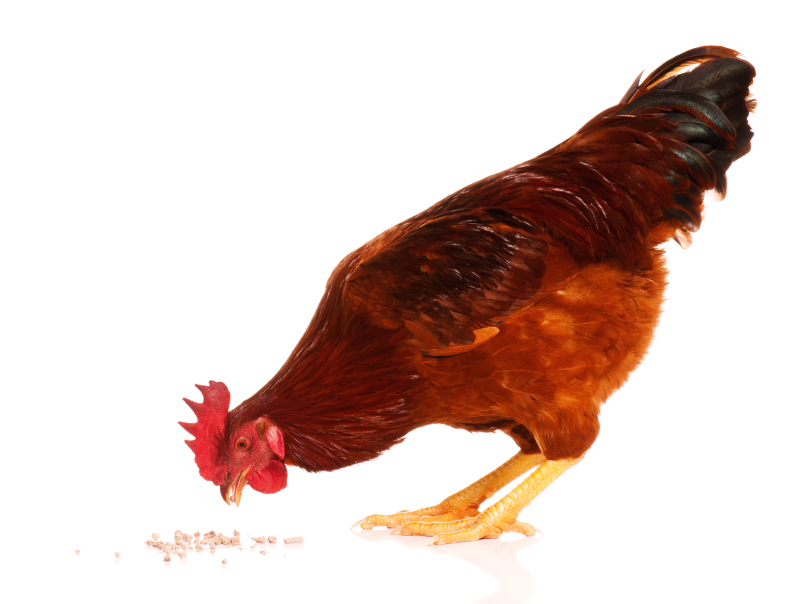Every year in the United States for the past few years there has been a large multistate Salmonella outbreak linked to backyard poultry. This year’s backyard poultry Salmonella outbreak has ended with at least 1,135 people sick in 48 states, D.C., and Puerto Rico, and 273 people hospitalized, according to the Centers for Disease Control and Prevention (CDC). Two people died. But even though the investigation is over, it’s important to remember that any backyard poultry can carry Salmonella bacteria that can make you and your family sick.

There were six serotypes of Salmonella that made people sick in this outbreak: Salmonella Enteritidis, Hadar, Indiana, Infantis, Mbandaka, and Muenchen. Epidemiologic and laboratory data showed that contact with backyard poultry made people sick.
The patient age range is from less than one year to 97 years. Illness onset dates ranged from December 15, 2020 to October 10, 2021. The hospitalization rate was 33%.
These birds can carry Salmonella even if they look healthy and clean. And the bacteria spread easily throughout the environment where the poultry live and roam. You can get sick by simply touching a bird or something in its environment, and then touching your mouth or food.
To prevent illness, do not let chickens or ducks into your home, especially the kitchen. Always wash your hands with soap and water immediately after touching the animals or anything in the area where they live and roam. Use hand sanitizer if soap and water are not available.
Never kiss or snuggle these birds and do not eat or drink around them or in the area where they live. Keep the supplies you use to care for them, including feed containers and shoes you wear in the coop, outside of the house.
Supervise your kids around backyard poultry. Baby chicks and ducklings may be cute, but they are not safe around small children, especially if the kids are under the age of five. Children that age can have more severe illness and complications from Salmonella infections.
When you collect eggs, which you should do often, examine them carefully. Throw away eggs that are cracked. Rub off dirt on eggs with fine sandpaper, a brush, or a cloth. Do not wash them, because cold water can pull germs into the egg, according to the CDC notice. Refrigerate eggs promptly to keep them fresh and slow the growth of bacteria. And always cook eggs to a final internal temperature of 165°F to kill pathogens, and measure that temperature with a reliable food thermometer.
Finally, know the symptoms of Salmonella food poisoning and call the doctor if someone is sick. You should be especially concerned if someone is experiencing bloody diarrhea or a fever above 102°F, and if anyone is showing signs of dehydration or has diarrhea for more than three days with no signs of improvement.




